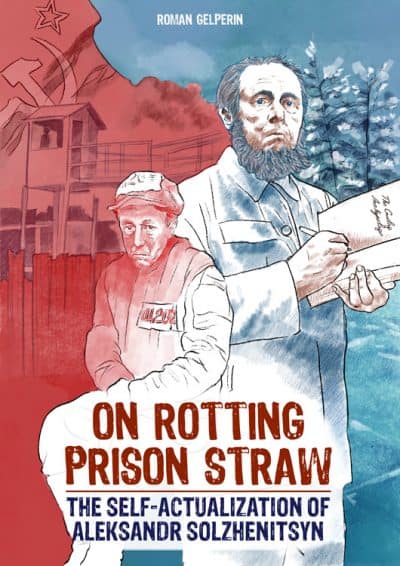Description
In Stalin’s Russia, when prison sentences stretched ten, fifteen, and twenty-five years, the future Nobel Prize winner Aleksandr Solzhenitsyn found himself incarcerated in its genocidal “corrective” labor camps (the so-called Gulag of the Soviet Union). His crime: expressing anti-Stalinist opinions in a letter to a friend.
A devout Communist at his arrest, condemned to be worked to death in the frozen wastelands of Russia, he underwent instead a profound psychological transformation, broke free of his Marxist ideology—and survived. This full biography of one of the most influential personalities of the Twentieth Century follows his astounding journey from the camps, to living through near-terminal cancer, to winning the Nobel Prize, to publishing the groundbreaking book that played a key role in the fall of the Soviet Empire—exposing the half-century of inhuman atrocities, and the sixty-million slaughtered lives, it kept jealously hidden for so long.
In this second installment in the Self-Actualizing People in History series, biographer, historian, and humanistic psychologist Roman Gelperin combines the fascinating narrative of the life of Aleksandr Solzhenitsyn with the history of the Soviet State it was embedded in and with a psychological study of the pivotal experiences that shaped him. In a highly illuminating, new perspective on Solzhenitsyn, he shows himself to be a perfect example of the self-actualized person—a very specific (“enlightened”) personality type first identified by Abraham Maslow in 1950.
Using Solzhenitsyn’s life as a demonstration, he also illustrates what self-actualization is, why its peculiar character traits, and how Solzhenitsyn found enlightenment on rotting prison straw.





Comments